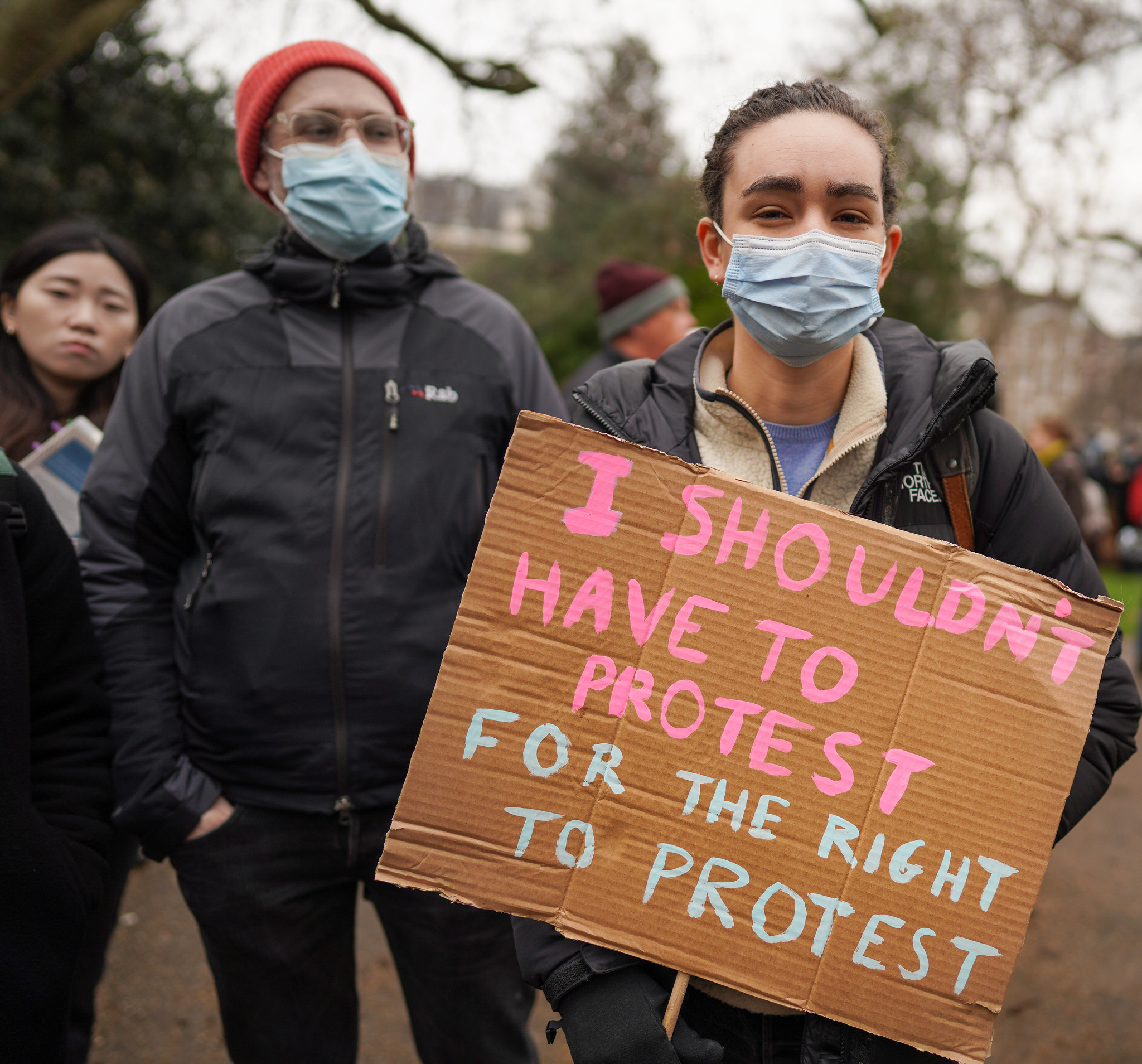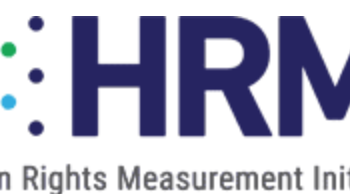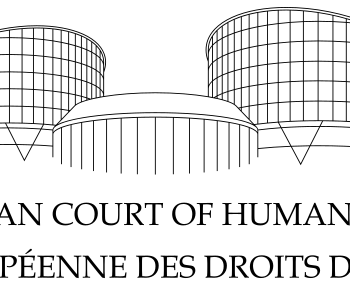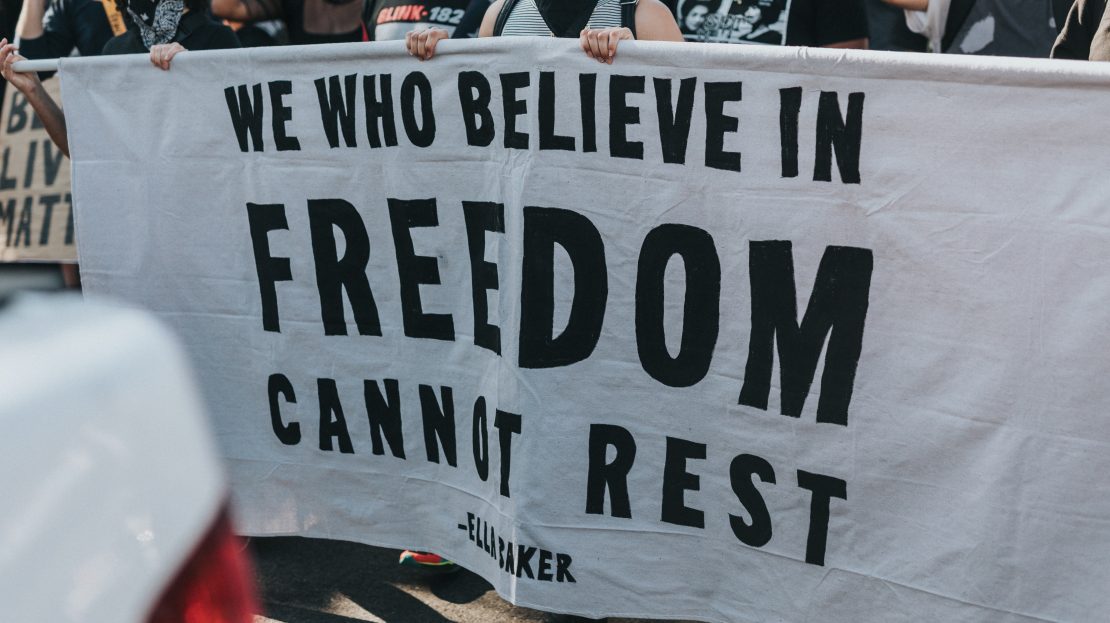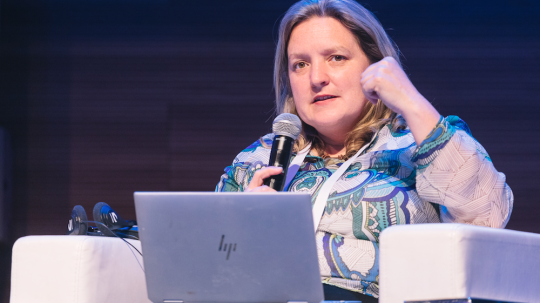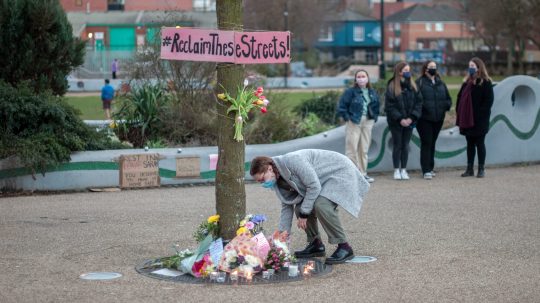The UK is performing worse than other wealthy countries in its respect for civil liberties and political freedoms, according to new data for 2021 from the Human Rights Measurement Initiative (HRMI). HRMI is a global project that tracks human rights performance in 199 countries based on the opinions of human rights experts in each country.
Respect for freedom of association, opinion and expression in the UK has been declining from 2017 to 2021, according to experts.
📣NEW DATA | The Rights Tracker has now been updated with our brand-new scores!
Go to https://t.co/uAUvYjOQkh to see how your country is performing. pic.twitter.com/XFkEFErbwB
— Human Rights Measurement Initiative (@rightsmetrics) June 22, 2022
The tracker shows that the UK is performing less well than the other six countries included from the Organisation for Economic Cooperation and Development (OECD), including the United States and South Korea. The OECD prides itself on being a community of countries “committed to the preservation of individual liberty, the values of democracy, the rule of law and the defence of human rights”.
Right to protest restricted for some more than others
Experts highlighted that protests such as the vigil for Sarah Everard and demonstrations in support of Black Lives Matter were met with “significantly more violence” than protests against Covid-19 vaccinations in 2021. A parliamentary inquiry last July found that the police response to the Everard vigil had breached Article 11 of the Human Rights Act, which protects the right to protest.
Freedom of expression is protected under Article 10 the Human Rights Act. Citizens have a right to hold and voice their own opinions, except in certain circumstances such as when opinions encourage racial or religious hatred.
Freedom of opinion and expression was especially restricted for people with critical opinions about Covid-19 regulations, women and girls discussing male violence, homeless groups, Black people and people of colour.
Marginalised groups excluded from political participation
Experts highlighted that disabled people lacked access to information about voting and voting venues. They said that other marginalised groups, like older people in care homes, Gypsy, Roma, and Traveller (GRT) communities, prisoners and homeless people faced restrictions to their political participation. Under the Human Rights Act, the government must support a citizen’s right to free expression by holding free elections at reasonable intervals which enable voting in secret.
The European Court of Human Rights has ruled that the UK’s ban on all serving prisoners from voting in elections is not compatible with the European Convention on Human Rights.
But, the UK’s respect for the right to participate in government was not considered to have declined as rapidly as respect for freedom of expression and assembly.
Thalia Kehoe Rowden, an HRMI spokesperson, said: “Race, culture, and ethnicity are key factors in who gets to enjoy their human rights in the United Kingdom. Black and minority ethnic communities are at particular risk of rights violations, for all economic and social rights, and also all the democratic empowerment rights we measure, as well as the right to freedom from torture and ill-treatment.”
She added that people from Gypsy, Roma and Traveller communities are at particularly at risk of rights violations, as well as refugees, people seeking asylum, people with disabilities and homeless people.
‘A long way to go’ to fulfil rights
While the UK’s scores were average among OECD countries for economic and social rights, such as the right to food, education and housing, the tracker indicated that it “has a long way to go” to meet current ‘Global Best’ standards. It also highlighted that a “significant number of people” are not safe from arbitrary arrest, pointing to migrants and people seeking asylum in particular.
Rowden highlighted inequality in the UK, saying that people from poorer households were currently more likely to experience violations of rights to education, food, health, housing, work, and adequate income.
Last month, the government outlined proposals for a new Bill of Rights which would replace the Human Rights Act – a move that civil liberties organisations have called a ‘power grab’.
Find out more about how the HRMI works here.

